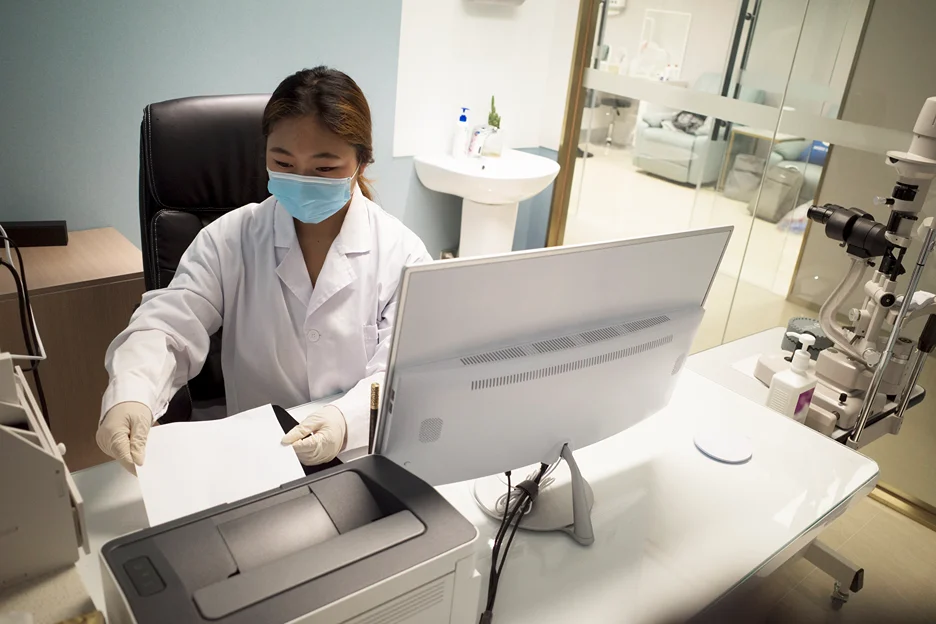




Electronic Health Record (EHR) systems have become essential tools for private practice therapists. EHRs streamline practice management, enhance patient care, and ensure HIPAA compliance.

An Electronic Health Record (EHR) system is an electronic version of a patient's health information, replacing traditional paper-based records. As a private practice therapist, implementing an EHR can significantly benefit your practice and your patients.
Key benefits of an EHR for therapists include:
Imagine having quick access to a patient's history during sessions, securely messaging patients between appointments, and automating appointment reminders and billing. These are just a few examples of how an EHR can positively impact your practice.
When choosing an EHR for your practice, look for essential features tailored to your needs as a therapist. Some key features to consider include:
Additional features that can enhance your practice include telehealth integration for virtual therapy sessions, a mobile app for on-the-go access to patient information, and customizable reporting and analytics.
As a therapist, maintaining HIPAA compliance is crucial for protecting sensitive patient information and avoiding legal and financial consequences. An EHR system can help you maintain HIPAA compliance through various features, such as:
To ensure HIPAA compliance when using an EHR, implement best practices like regular staff training, strong passwords, multi-factor authentication, and regularly updating EHR software and security measures.

Implementing an EHR in your practice can come with challenges, such as:
To successfully adopt an EHR, consider the following:
Researching real-world examples of successful EHR implementations in therapy practices can provide valuable insights and guidance for your own implementation process.
Implementing an EHR system in your private practice can significantly improve patient care, streamline practice management, and ensure HIPAA compliance.
As a therapist, exploring EHR options and starting the implementation process can lead to long-term benefits for both your patients and your practice's efficiency.
In understanding the features to look for, the challenges to anticipate, and the best practices for training and integration, you can successfully adopt an EHR and transform your practice.
Don't hesitate to take the first step towards a more efficient and effective future for your therapy practice.